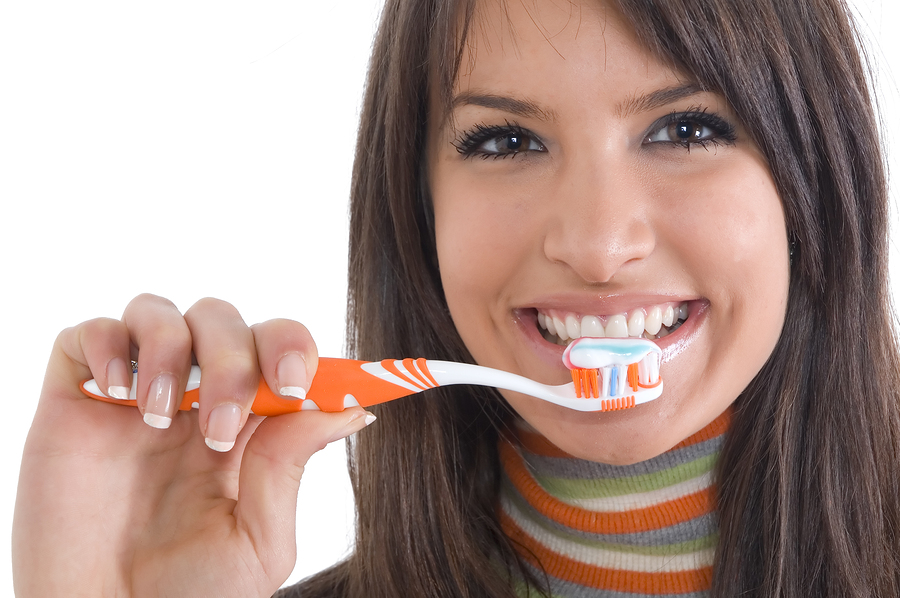Many women are not aware that their chances of developing gum disease increase during pregnancy, though some women are more susceptible than others depending on their hormone levels.
A further change during pregnancy is bleeding gums, caused by a build up of plaque. Hormonal changes during pregnancy make women more prone to inflammation and bleeding, also known as pregnancy gingivitis or gum disease.

What should I do about this during my pregnancy?
You should try to visit your dentist every 5 or 6 weeks to have check-ups – this will help address any more serious developments such as periodontitis. Your dentist will asses the health of your teeth and advise you on how often to come in – every patient is different.
Keeping your teeth healthy from home during pregnancy:
- Brushing for at least two minutes a day, twice a day.
- Use fluoride toothpaste to brush your teeth – this has more effectiveness than regular toothpaste.
- Use a small-headed toothbrush to make sure you reach all of the difficult areas of the mouth – is you have a small mouth, these are particularly good, as it is difficult to reach tough spots with a large toothbrush.
- Avoid sugary and carbonated drinks that will wear away the enamel coating on your teeth this is what protects against tooth decay and during pregnancy this is far more vulnerable to damage.
- Avoid mouthwash that contains alcohol.
- Avoid smoking as this can make gum disease gravely worse.
If you suffer from morning sickness be sure to rinse your mouth with still water as the acid in your vomit can severely harm your tooth enamel. If you are sick, do not brush your teeth immediately afterwards as they will be softened by the acid in your vomit.
We know that gum disease during pregnancy an be a stressful affair and our team here at Paul Lowe understand this and will offer the support you need.
There are dental treatments to avoid during pregnancy
Make sure you notify your dentist that you are pregnant as treatments such as replacement fillings and the removal of amalgam fillings should be delayed until after pregnancy.
If you would like to arrange a consultation to discuss your dental health during your pregnancy, please do not hesitate to contact us here at Paul Lowe.
